UK inflation falls to 10.7% but cost of living pressures remain
CPI is down to 10.7% from last month’s 41-year-high of 11.1%

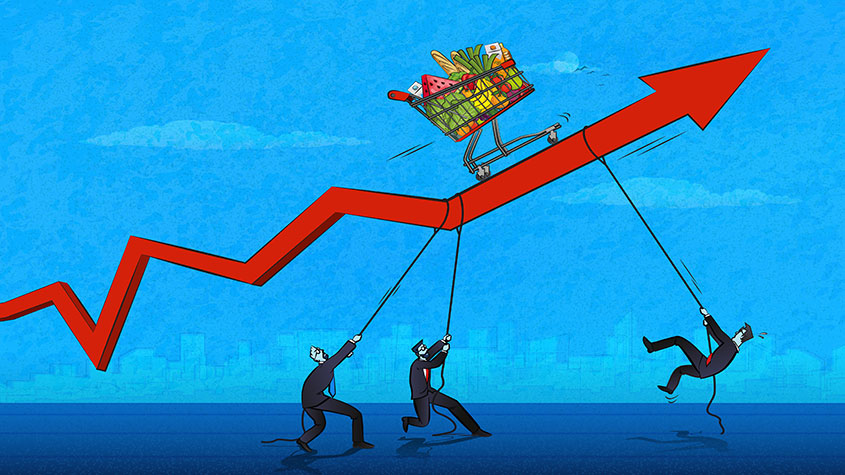
Get the latest financial news, insights and expert analysis from our award-winning MoneyWeek team, to help you understand what really matters when it comes to your finances.
You are now subscribed
Your newsletter sign-up was successful
Want to add more newsletters?
Inflation has begun to ease in the UK, driven down mostly by falls in the price of petrol and second-hand cars, the Office for National Statistics’ latest data showed.
While inflation is still close to a 40-year high, the consumer prices index (CPI) rose by 10.7% in the 12 months to November, down from 11.1% in October.
The annual inflation rate for transport was down for a fifth consecutive month in November to 7.6% from a peak of 15.2% in June. Fuel prices rose by 17.2% for the year to November, down from 22.2% last month.
Try 6 free issues of MoneyWeek today
Get unparalleled financial insight, analysis and expert opinion you can profit from.

Sign up to Money Morning
Don't miss the latest investment and personal finances news, market analysis, plus money-saving tips with our free twice-daily newsletter
Don't miss the latest investment and personal finances news, market analysis, plus money-saving tips with our free twice-daily newsletter
The ONS said food and non-alcoholic beverage prices rose by 16.5% for the 12 months to November, up from 16.4% in October. Prices in this category have grown for the last 16 consecutive months.
The inflation rate for restaurants and hotels partially offset slowing growth in other sectors rising to 10.2% in November from 9.6% in October. However, the clothes and footwear category slowed from 8.5% in the year to October to 7.5% in the year to November.
The figures are welcomed after last month’s 41-year high inflation peak of 11.1%, but households remain under pressure and will likely remain so over the coming months.
While the Energy Price Guarantee currently means the typical household pays £2,500 in energy bills, that’s due to go up 20% from April. It’s unclear when energy prices will begin to ease due to the ongoing war in Ukraine and its effect on Europe’s gas supplies.
The ONS’s latest snapshot of the labour market revealed the impact inflation has had on wages. Despite a 6.9% in private sector wages from August to October 2022, and a 2.7% in the public sector, when adjusted for inflation pay actually fell 2.7%.
While that’s slightly less than the record fall of 3% in the April to June quarter, it’s still among the biggest falls since records began.
Where will inflation go next?
The Bank of England is meeting tomorrow to discuss how much to increase the base rate. Currently, it’s at 3%, the highest it’s been since 2008, following a 0.75% hike in early November.
Higher interest rates encourage saving but discourage spending which in turn slows down the economy. Despite 0.5% growth in GDP in October, the UK economy shrank by 0.3% for the three months to October and the BoE has said rising interest rates might be partly to blame.
A further hike is expected tomorrow, but markets have estimated it to be around 0.5% as the BoE begins to let its foot off the gas pedal.
The figures raise “some difficult questions for policy makers”, says Nicholas Hyett, investment analyst at Wealth Club. Headline inflation is easing, but areas such as hospitality continue to see price increases which suggest core inflation “remains untamed”.
“That's a headache for central bankers – raising rates might help bring domestic inflation under control, but it will also exacerbate the cost of living crisis and potentially condemn the UK to a painful recession,” says Hyett.
“The Bank of England remains in a really tricky spot, as they need to raise rates given that inflation is far in excess of their 2% target, but the economy is in a parlous state,” adds Dan Boardman-Weston CEO and Chief Investment Officer at BRI Wealth Management.
“The Government and Bank of England have a difficult balancing act ahead of them and we hope they’re successful in reducing inflation without causing too much economic pain. This looks like a big ask though.”
What does rising inflation mean for you?
Finances are likely to “continue to be stretched for some time to come”, says Myron Jobson, senior personal finance analyst at interactive investor. “The Bank of England expects inflation to decelerate sharply from the middle of next year before falling back to the 2% target in two years' time.”
“The UK is facing a dangerous cocktail of high inflation, slowing economic growth and heightened financial vulnerabilities tied to high debt levels and rising interest rates which threatens to squeeze household finances further,” says Jobson.
“As such, it remains important to reassess your spending habits to get a better idea of the goods and services that are eating most into your and make the necessary adjustments to your current plan. If you don’t have a budget, now is a good time to start – and stick with it.”
As for investors, markets are likely to remain volatile over the next 12 months, says Rob Morgan, chief investment analyst at Charles Stanley.
"In this context, bonds are looking more attractive as an investment than they have done for more than a decade, particularly safer investment grade corporate debt which should re-establish its traditional role in a portfolio,” says Morgan. “Equities should also benefit from lower rates, but their resilience will be shaped by the outlook for the economy which may not be rosy."
Rising rates will affect homeowners and borrowers as repayment costs increase, and house prices have begun to decrease which could make now a good time to buy a house.
Finally, savers should keep an eye on the best savings accounts deals as rate increases start to filter through to savings accounts.
Get the latest financial news, insights and expert analysis from our award-winning MoneyWeek team, to help you understand what really matters when it comes to your finances.
Nic studied for a BA in journalism at Cardiff University, and has an MA in magazine journalism from City University. She has previously worked for MoneyWeek.
-
 Do you face ‘double whammy’ inheritance tax blow? How to lessen the impact
Do you face ‘double whammy’ inheritance tax blow? How to lessen the impactFrozen tax thresholds and pensions falling within the scope of inheritance tax will drag thousands more estates into losing their residence nil-rate band, analysis suggests
-
 Has the market misjudged Relx?
Has the market misjudged Relx?Relx shares fell on fears that AI was about to eat its lunch, but the firm remains well placed to thrive
-
 Why investors can no longer trust traditional statistical indicators
Why investors can no longer trust traditional statistical indicatorsOpinion The statistical indicators and data investors have relied on for decades are no longer fit for purpose. It's time to move on, says Helen Thomas
-
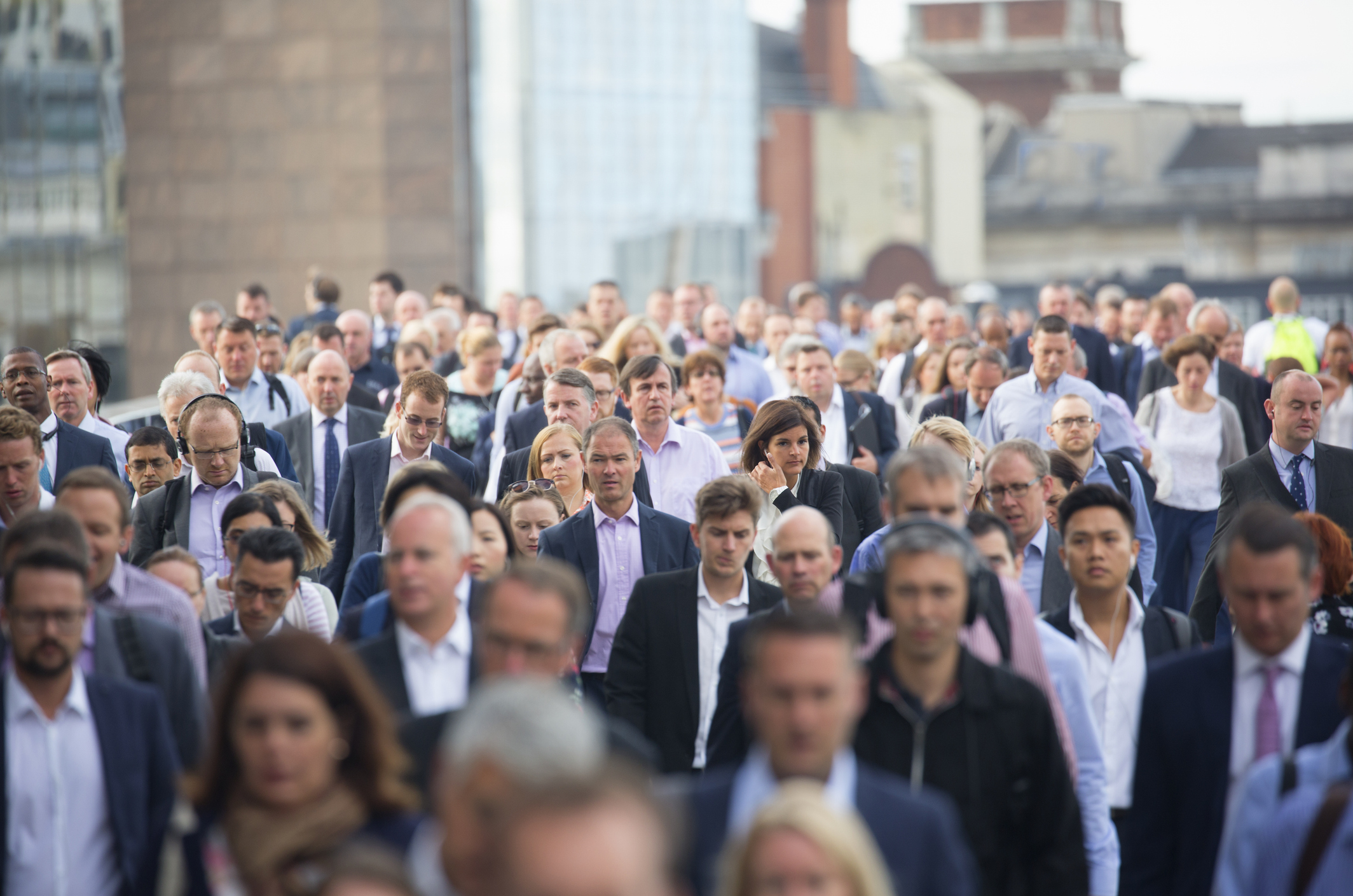 Unemployment remains at five-year high as wage growth continues to slow
Unemployment remains at five-year high as wage growth continues to slowUnemployment in the UK held at 5.1% in the three months to November as wage growth fell again month-on-month.
-
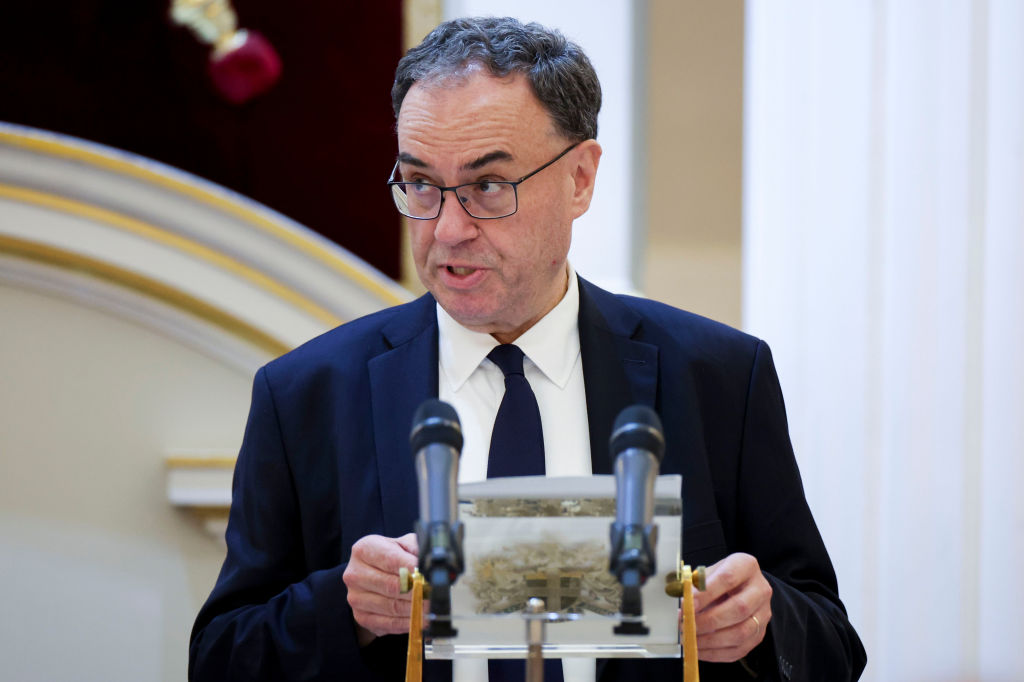 Is the Office for National Statistics fit for purpose?
Is the Office for National Statistics fit for purpose?Britain’s statistics authority, the Office for National Statistics, is increasingly unfit for purpose. Why, and what can be done?
-
 UK inflation forecast: where are prices heading next?
UK inflation forecast: where are prices heading next?UK inflation fell sharply in January. Is price growth expected to fall further in 2026, and when will inflation go back to the 2% target?
-
 Uncertainty ahead of the Budget causes house price growth to stall, says Rightmove
Uncertainty ahead of the Budget causes house price growth to stall, says RightmoveProperty website Rightmove says asking prices increased by just 0.3% in October, well below the 1.3% average for the month
-
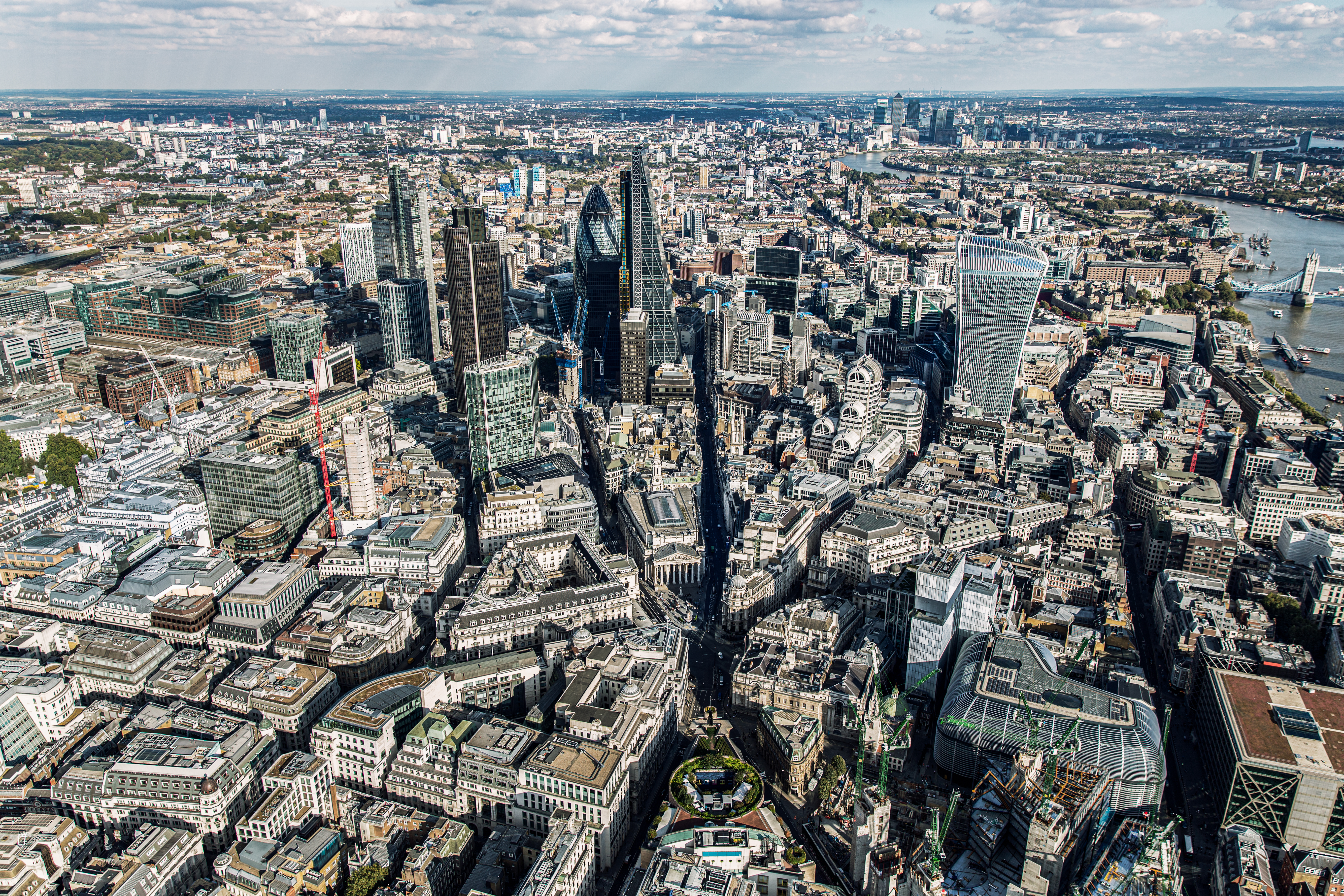 ONS: UK economy grew by ‘lacklustre’ 0.1% in final quarter of 2025
ONS: UK economy grew by ‘lacklustre’ 0.1% in final quarter of 2025The construction sector performed its worst in more than four years in the final quarter of 2025, the latest Office for National Statistics (ONS) GDP figures show
-
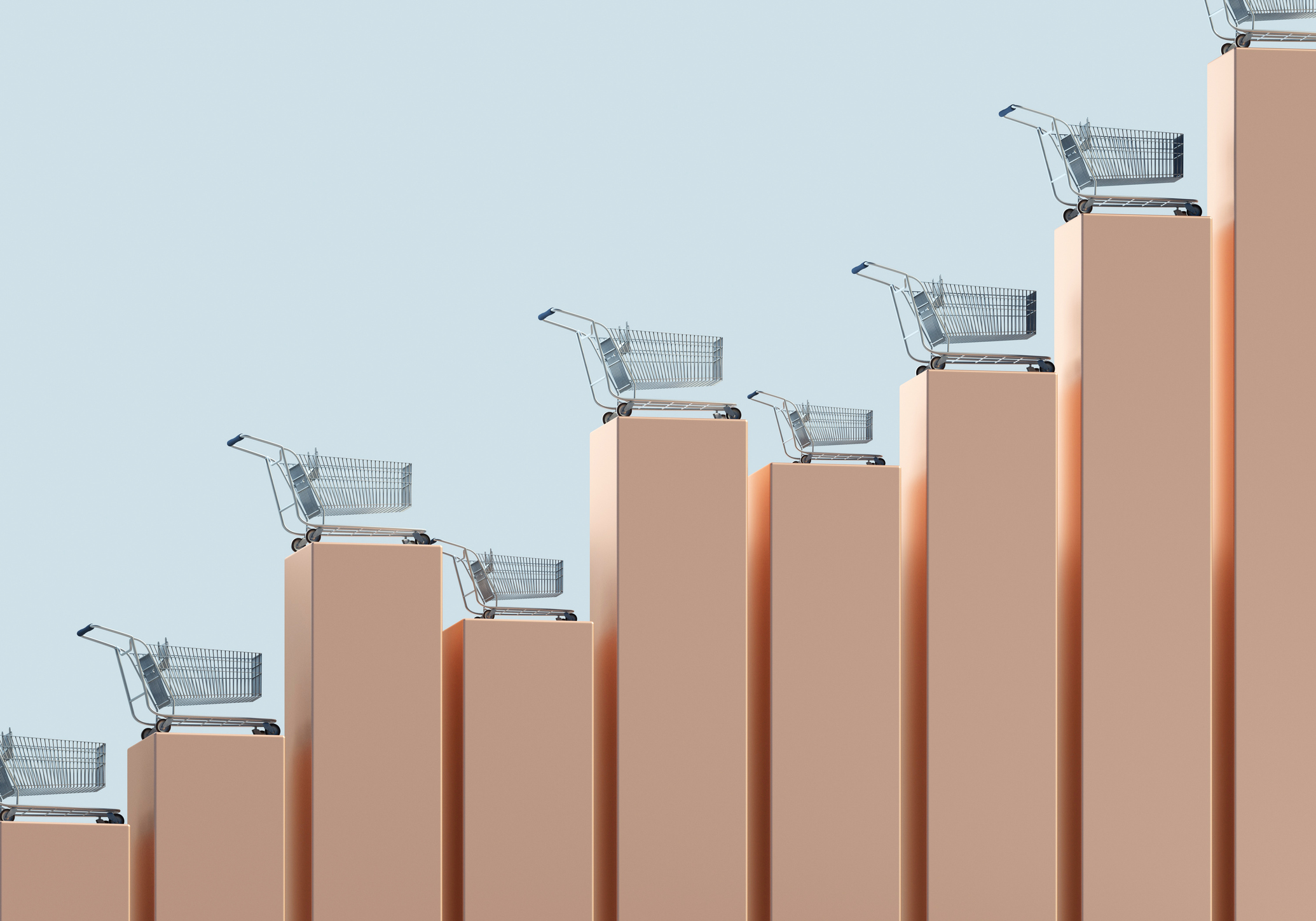 UK inflation: What are the Consumer Price Index release dates?
UK inflation: What are the Consumer Price Index release dates?The UK’s inflation reports are published monthly. When do they come out and where are prices heading?
-
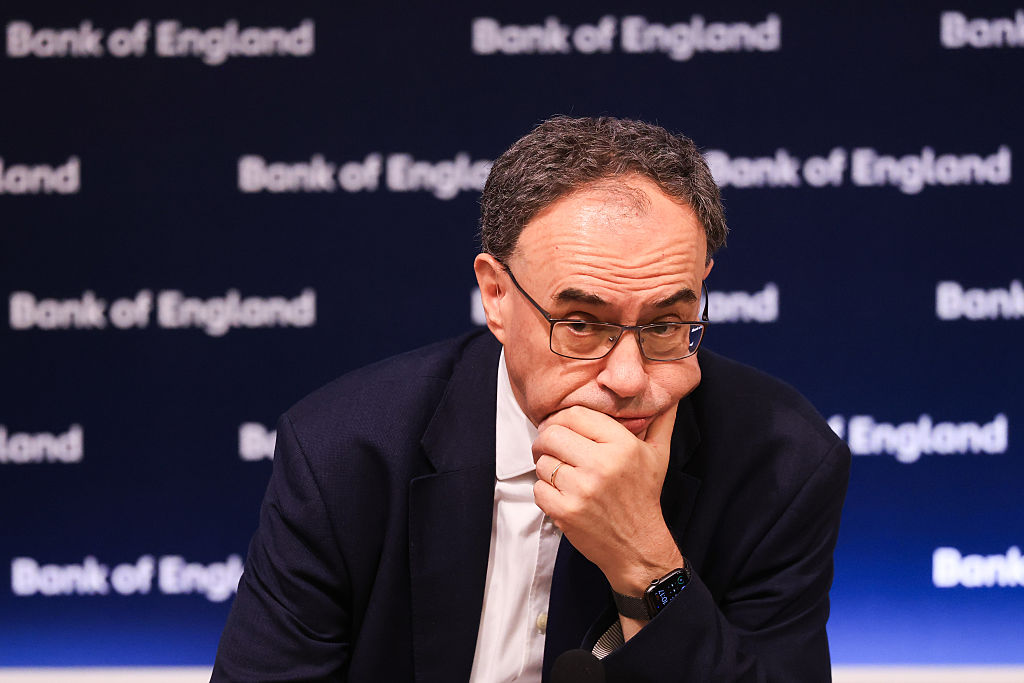 When is the next Bank of England base rate meeting?
When is the next Bank of England base rate meeting?The Bank of England held interest rates at 3.75% in February 2026. When is the next Monetary Policy Committee meeting and will interest rates fall further this year?
